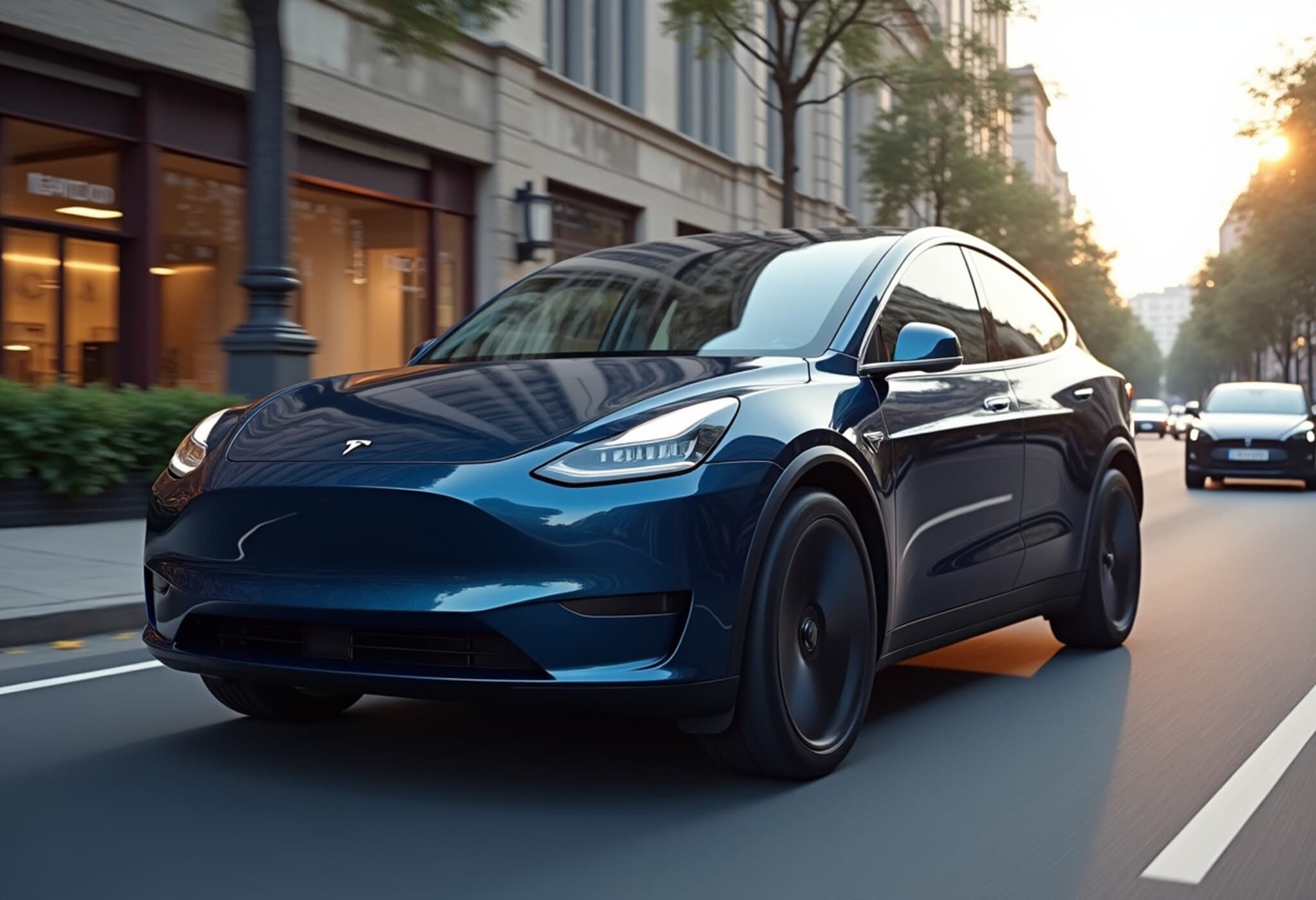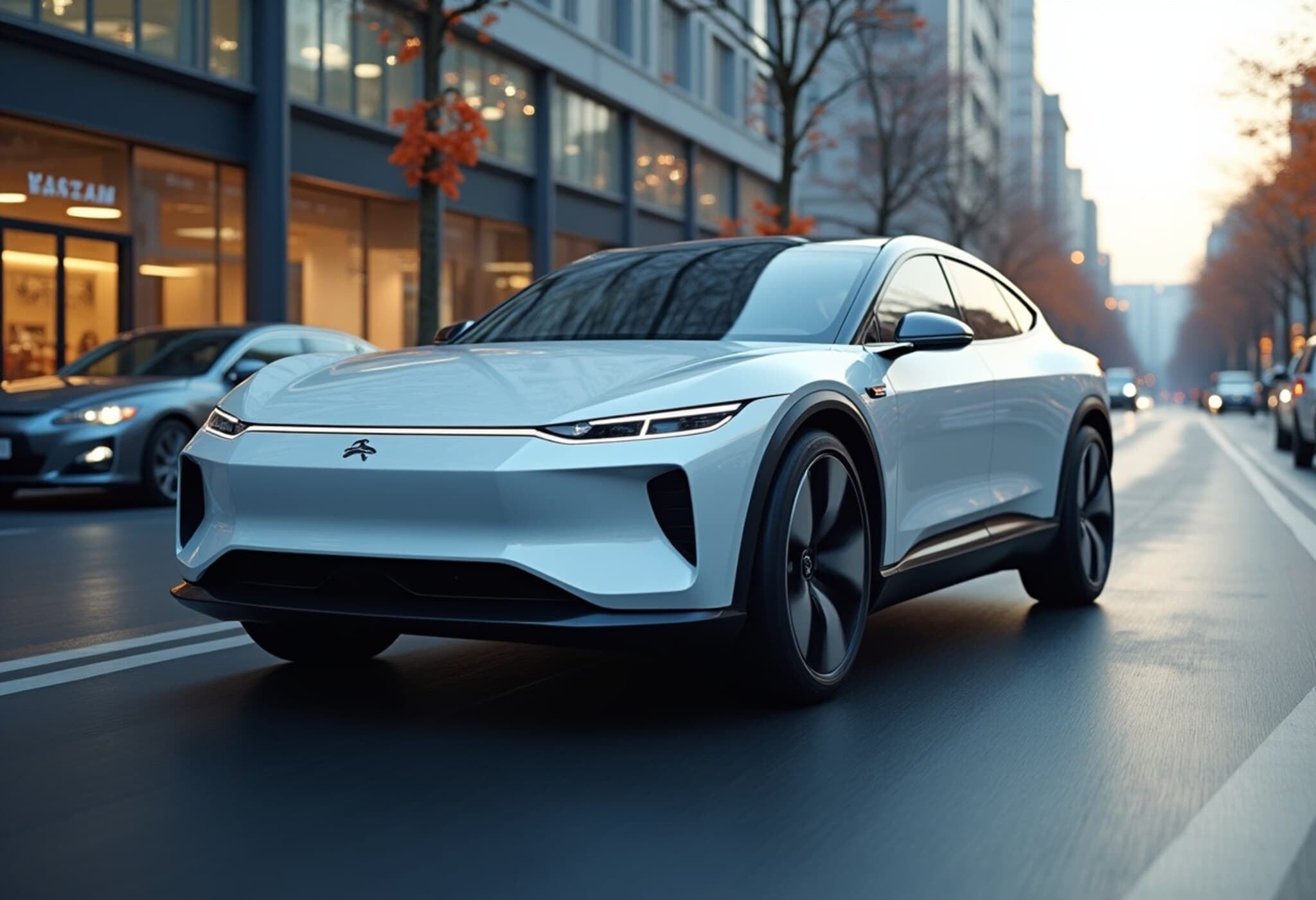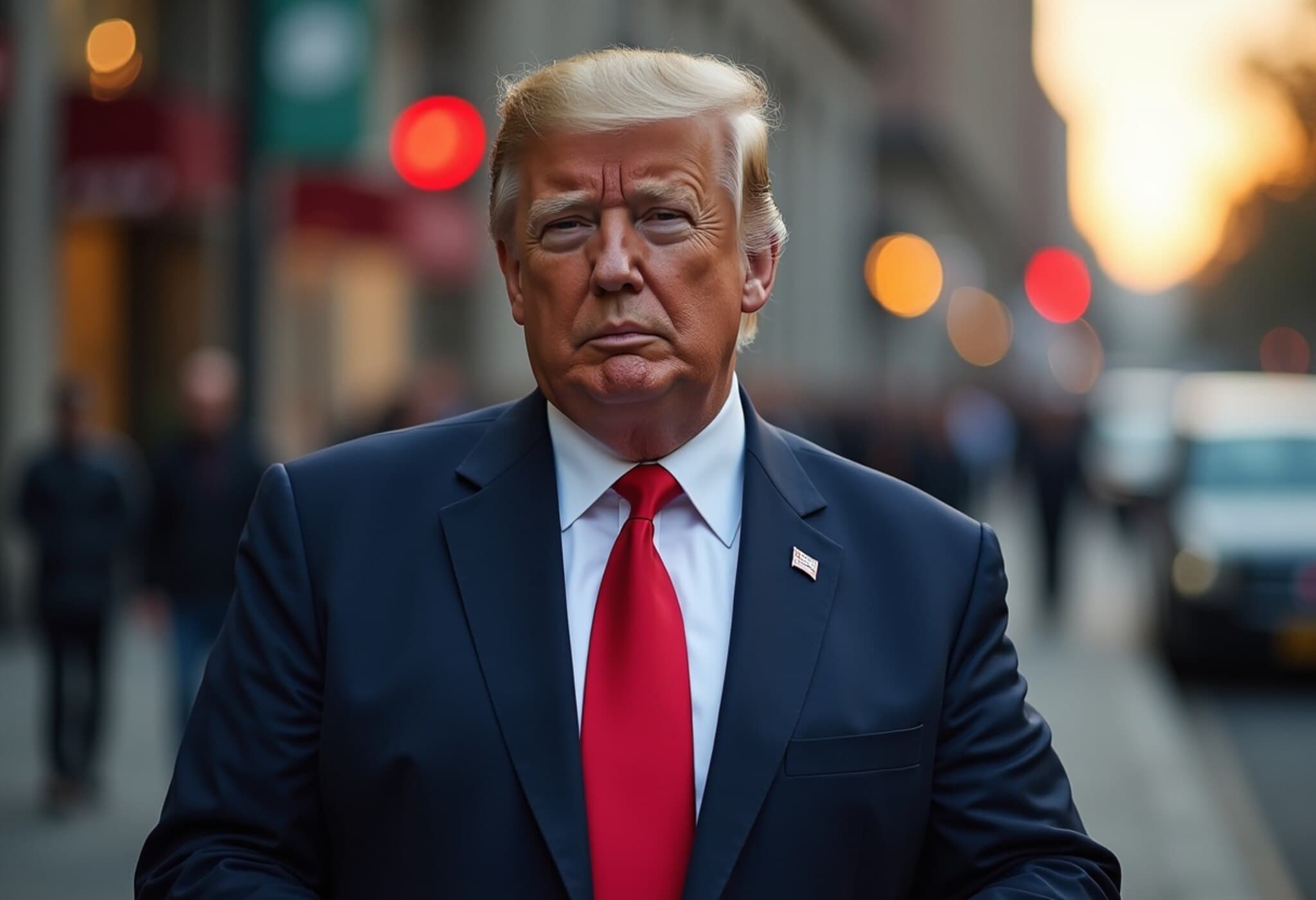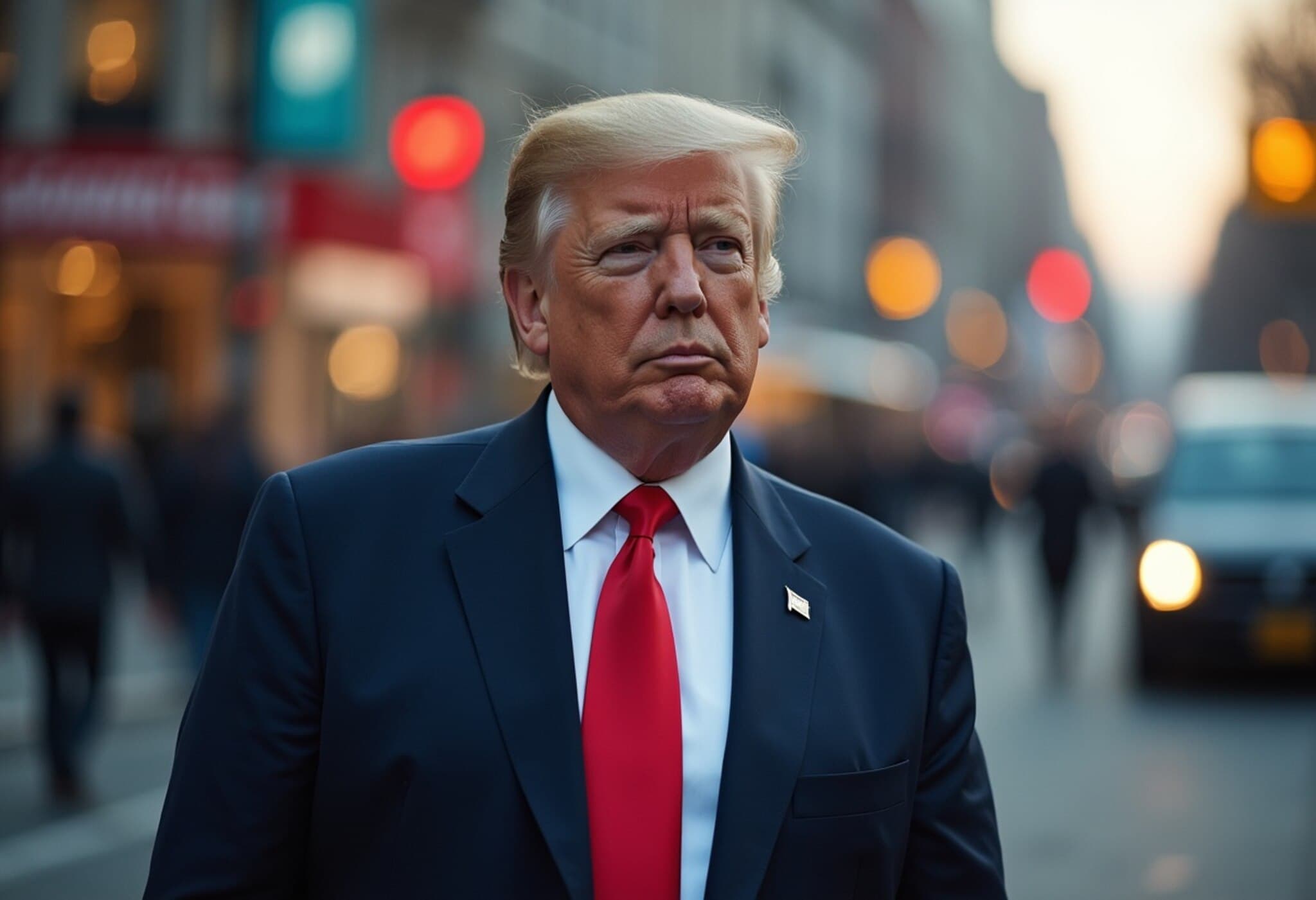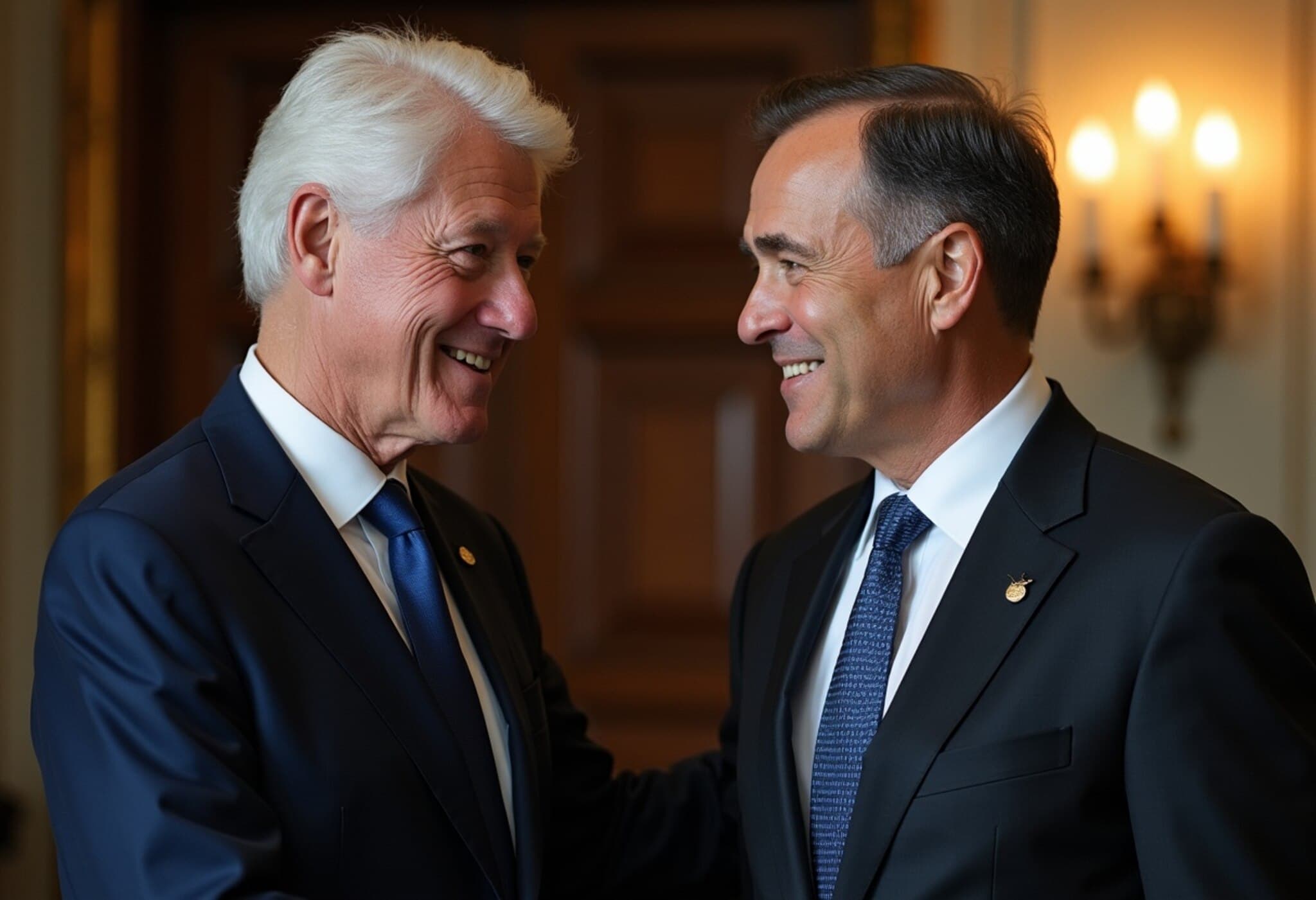Volkswagen Faces Profit Pressure Due to Rising U.S. Tariffs and Market Headwinds
German automotive titan Volkswagen has revised its full-year profit guidance downward after reporting a significant drop in second-quarter earnings. The decline is primarily attributed to the escalating costs associated with increased U.S. import tariffs, signaling ongoing challenges for Europe’s largest car manufacturer amid a rapidly evolving global auto market.
Q2 Earnings Reflect Tariff-Related Strains
For the April–June quarter, Volkswagen posted an operating profit of €3.83 billion ($4.49 billion), marking a 29% decrease from last year’s €5.4 billion. This figure also fell short of analyst expectations, which anticipated approximately €3.94 billion. Total sales revenue for the quarter reached €80.8 billion versus the projected €82.2 billion, underscoring the pressures on Volkswagen’s growth trajectory.
Tariffs and Industry Shifts Weigh Heavily
Volkswagen’s updated forecast anticipates a 2025 operating return on sales between 4% and 5%, down from the prior guidance of 5.5% to 6.5%. Additionally, the company now expects full-year sales to hold steady at last year’s level, withdrawing earlier projections of up to 5% growth.
These revisions come against a backdrop of intensifying U.S. tariffs on European auto imports. The current duty stands at 25%, but a recent threat by former U.S. President Donald Trump to increase this to 30% starting August 1 looms large. Such trade barriers severely impact global supply chains—especially in the automotive sector, where cross-border manufacturing and part sourcing are deeply integrated.
Volkswagen’s Leadership Weighs In
Arno Antlitz, Volkswagen’s Chief Financial Officer, offered a candid assessment: "Our half-year figures paint a nuanced picture. On one hand, we’ve seen strong product acceptance and strategic realignment progress. On the other, our operating profit declined sharply, influenced by a higher sales volume of lower-margin all-electric vehicles, increased U.S. import tariffs, and restructuring costs.”
Broader Industry Implications
Europe’s auto manufacturers face a confluence of challenges beyond tariffs, including fierce competition from emerging Chinese brands and shifting consumer preferences toward electric vehicles. The ongoing trade tensions between the U.S. and the European Union exacerbate uncertainty, making medium-term planning difficult for industry players. The European Commission continues to engage with U.S. counterparts to mitigate tariff impacts, but outcomes remain uncertain.
What Lies Ahead?
- Tariff Uncertainty: Volkswagen assumes a sustained U.S. import duty rate of 27.5% into the second half of 2025, underscoring significant risk from evolving trade policies.
- Electrification Strategy: Increased sales of electric vehicles—while essential for future sustainability—currently weigh on profit margins, reflecting higher production costs and intense market competition.
- Global Supply Chains: The sector's interdependency on North American production facilities means tariffs ripple widely through costs and pricing.
This confluence of market dynamics leaves Volkswagen and its peers navigating treacherous waters, balancing innovation, costs, and geopolitics.
Editor’s Note
Volkswagen's earnings update highlights the tangible impact of global trade tensions on established manufacturing giants, reminding us that tariff policies do not operate in isolation—they intertwine with market innovation and consumer trends. As electric vehicles gain traction, profitability models must adapt amid increasing costs. Observers should watch how governments and corporations negotiate these complex challenges, potentially reshaping the future of international trade and automotive manufacturing.



